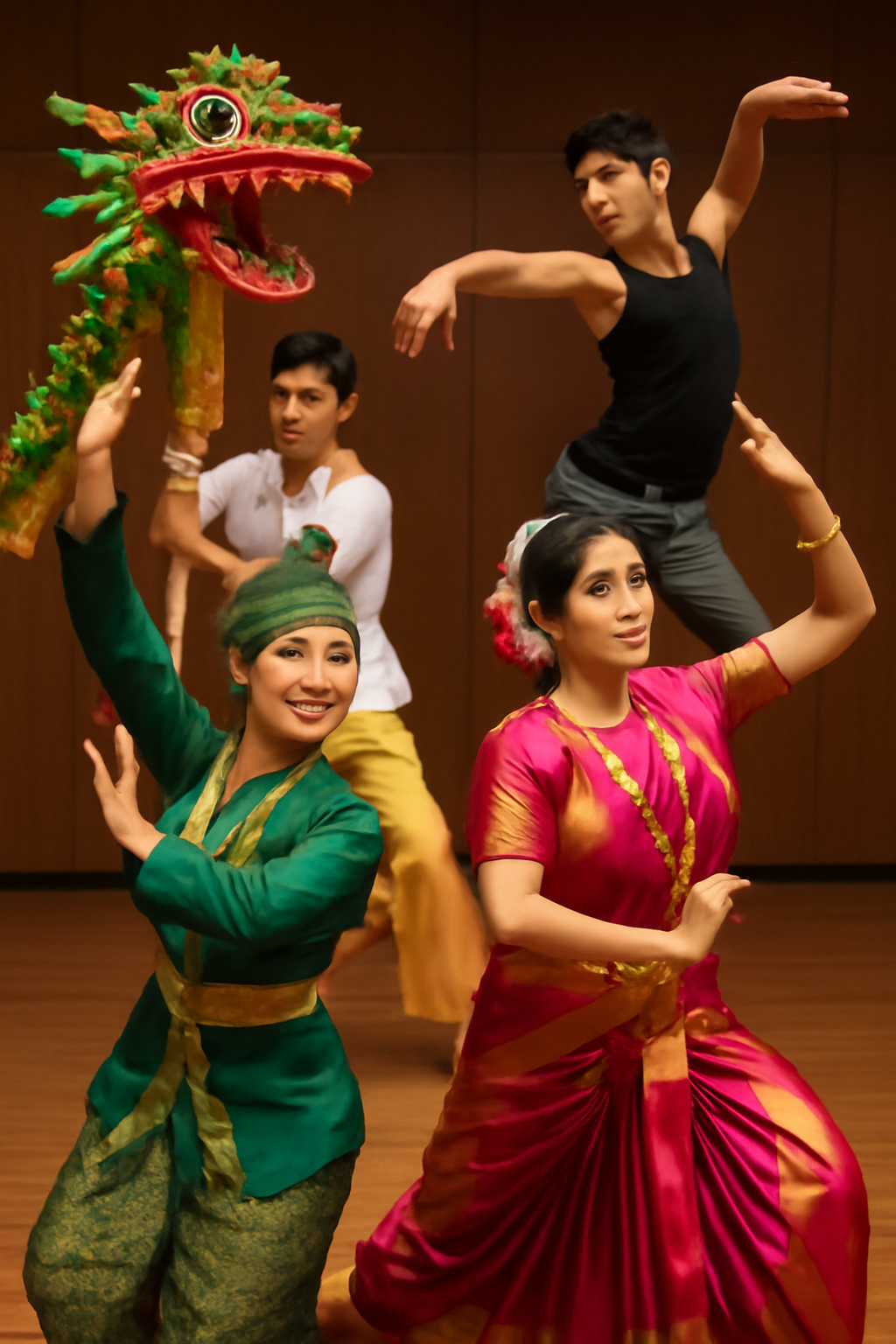
The entertainment industry in Singapore has undergone remarkable growth, evolving into a significant player in the global cultural and creative economy. With a rich heritage of storytelling, diverse musical traditions, and an increasing appetite for content, the film and music industries in Singapore have grown to be two of the country’s most influential sectors. These industries continue to benefit from government support, international collaborations, and the thriving local creative talent that shapes the country’s unique entertainment landscape.
The Evolution of the Film Industry
Singapore’s film industry began its journey in the early 1900s, influenced by both Western cinema and traditional Asian storytelling. During the post-war era, the film industry was predominantly dominated by productions in Malay, Chinese, and Tamil languages. The 1960s and 1970s witnessed the rise of Malay films, which were popular in the region and marked an important phase in the cultural development of Singaporean cinema.
The modern film industry in Singapore began to flourish in the 1990s, with filmmakers like Eric Khoo gaining international recognition. Khoo’s films such as “12 Storeys” and “Be With Me” became influential in reshaping the national cinematic style. Singapore’s commitment to developing a thriving creative economy led to the creation of the Singapore Film Commission (SFC), later rebranded as IMDA, which provided filmmakers with the financial and infrastructural support needed to elevate local productions.
As a result, the Singaporean film industry began to attract global attention. The annual Singapore International Film Festival (SGIFF) is a testament to the growth of Singapore’s presence in the global film market. The festival has provided a platform for filmmakers to present their work on an international stage, increasing the visibility of Singaporean cinema.
The Flourishing Music Scene
Singapore’s music industry is also one of the most dynamic sectors of its entertainment landscape. Over the years, Singapore has produced notable musicians who have left a lasting impact on both the local and international music scenes. From classical music to modern pop, Singapore’s music industry is a reflection of its multicultural society.
Pop music has seen significant commercial success in Singapore, with musicians like Stefanie Sun, JJ Lin, and Nathan Hartono achieving widespread popularity not only in Singapore but across Asia. JJ Lin, for instance, has built a successful career as one of the leading Mandarin pop stars, earning recognition for his unique blend of music and emotional depth in his songs.
The jazz and classical scenes in Singapore are also notable, with the city-state hosting international music festivals like the Singapore International Jazz Festival and the Singapore Symphony Orchestra’s performances, which attract music enthusiasts from around the world. These events highlight Singapore’s capability to blend modern and traditional music styles, offering audiences a well-rounded music experience.
Local music venues and festivals also play a crucial role in promoting Singaporean talent. The Singapore Music Week and the Baybeats Festival are examples of events that have encouraged local talent and provided a platform for new artists. Through these initiatives, local musicians have been able to grow their fan base and showcase their works to the global audience.
The Symbiotic Relationship Between Film and Music
In Singapore, the connection between the film and music industries is becoming increasingly evident. Music often plays a central role in film production, and many filmmakers collaborate with local musicians to create soundtracks that elevate the film experience. Likewise, successful films can serve as a springboard for musicians to reach new audiences, as evidenced by the rise of popular music albums associated with film soundtracks.
The rise of digital platforms like Netflix, YouTube, and Spotify has further blurred the lines between these industries, enabling both filmmakers and musicians to reach a global audience more easily than ever before. Digital distribution channels offer an exciting opportunity for Singapore’s entertainment industries to expand and showcase their work worldwide.
Government Support and Investment
The Singaporean government has been instrumental in fostering the growth of both the film and music industries. Agencies such as the Infocomm Media Development Authority (IMDA) and the National Arts Council (NAC) provide funding, resources, and mentorship programs to help local talent thrive. These institutions have helped shape a conducive environment for creativity to flourish, allowing the entertainment industry to prosper.
By focusing on innovation and collaboration, Singapore has transformed itself into a regional entertainment hub, attracting both filmmakers and musicians from around the world. As the entertainment landscape continues to evolve, the fusion of local talent, global collaboration, and cutting-edge technologies will help ensure that Singapore remains a significant player in the global entertainment industry.





